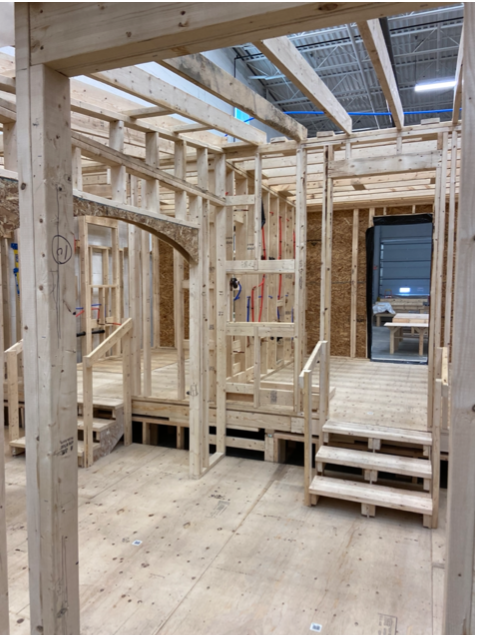The real cost of building a house
Building a home, whether it be your primary residence, an infill investment or your dream recreational cottage can be both exciting and expensive. Being uneducated about the real costs can leave you vulnerable to unscrupulous tradespeople or custom home builders. This article will shine some light on the actual costs associated with building a house in Canada.
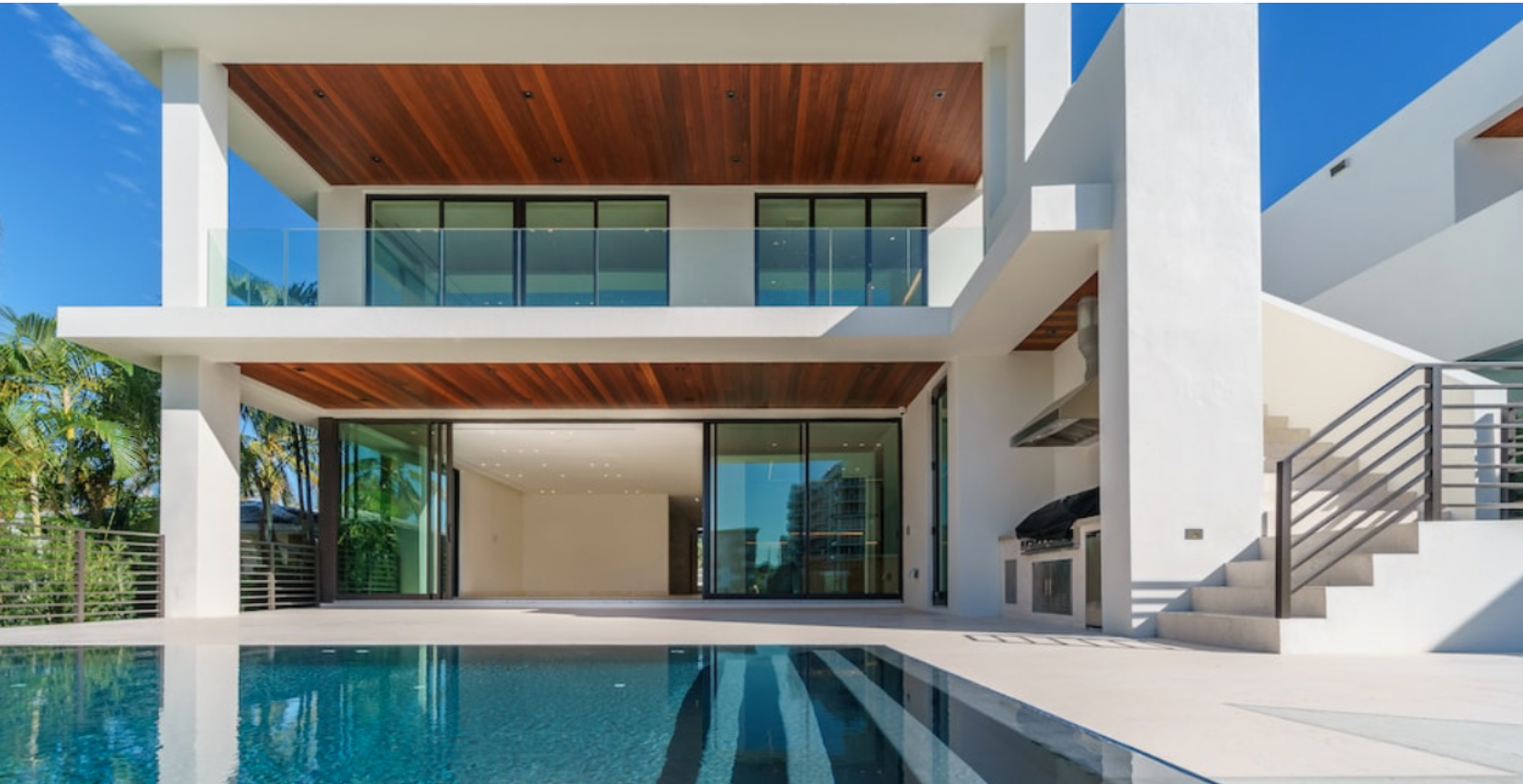
Modern designs and clean lines are exceptionally popular as seen in this photo.
Building a new house is an extensive and time consuming process. However, the rewards and sense of accomplishment that come from a well executed project are many. Building a custom home gives you the opportunity to balance functionality with creativity and truly make where you live an expression of who you are. That being said, anything is possible with a limitless budget. However, that’s not the reality most of us face. It’s important to work with a design team that listens to your needs and will respect your budget while guiding you through the precess of allocating these funds to what matters most to you .
What is the average cost in 2023?
On average, to build a 2,500 square foot detached house in Canada, you can expect to spend between $700,000 and $900,000. The cost will vary by region, depending on where you would like to build and the size and type of property you choose. Key cost drivers start with property type, access to labour and material, custom design elements and finish level It may think it is more cost effective to build a home in smaller towns or cities. However, access to trades and material availability can pose unique challenges and with the proliferation of telecommuting the land value in rural areas has appreciated significantly. Please note that the above-average costs do not account for purchasing land and the associated permit fees. These costs are one reason many homeowners opt for a kitchen, basement or bathroom renovation to upgrade the existing structure as opposed to building new.
Cost of building a house in Ontario
According to Statistics Canada Ontario had a population growth rate of 9.56% with the vast majority choosing to settle in the GTA. As a result, Ontario also has the fastest-growing housing market in Canada. Due to the significant demand placed on skilled trades the average cost of building a detached home in the Greater Toronto Area is currently between $250 and $475 per sq/ft. However, drive east to Ottawa and the average cost decreased to between $235 to $375 per sq/ft. As you can see by comparing the two averages, the cost of building varies by region, demand being the key driver. Other factors that will affect the price of building include competition in the labour market, fuel cost, access to materials and supply chain disruptions.
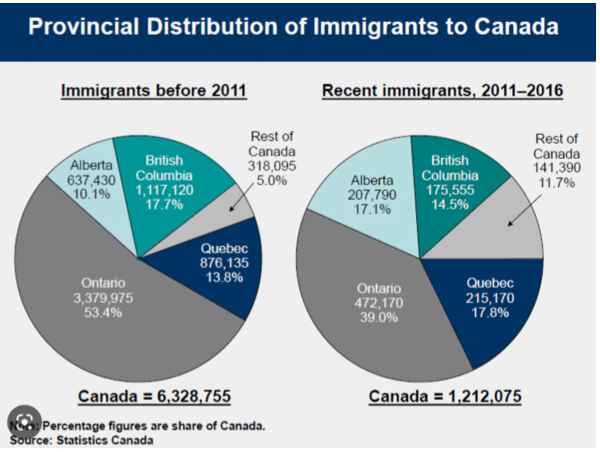
Factors that will affect the cost of building
Fees, permits and inspections put significant upward pressure on the cost on building in Canada. Government regulations in the construction industry although necessary are lengthy and burdensome. With many government offices still working from home, the backlogs for permits and time it takes to process them are long and in the private sector, time is money. However, construction and development fees are a major source of revenue for the insatiable appetite of municipal governments so don’t expect them to go down any time soon.
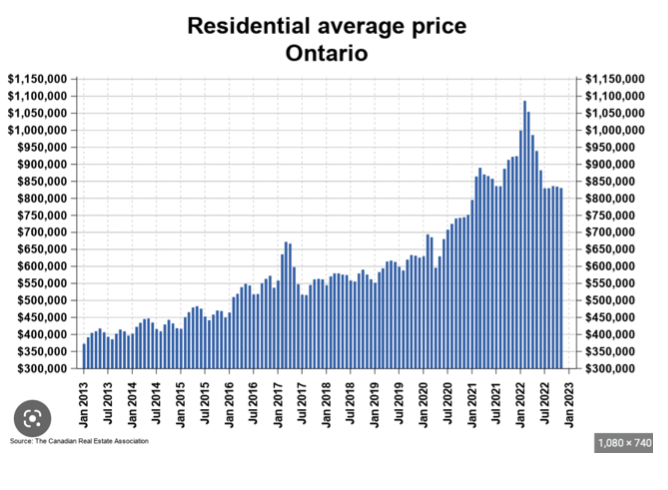
Material selection
The materials used, the availability of said materials and their application will impact on the cost of building your home. Specific and sometimes specialty materials may be required for certain design elements of a structure. Things such as the gauge of steel required for a large span vs LVL in order to accommodate an open concept floor plan will be a factor. Your individual taste will also dictate the cost of your build as there are significant fluctuations when it comes to material finish selections. For example, tile can start as low as $1 per sq/ft increase to $55 per sq/ft and the sky’s the limit! Also, certain popular installation techniques such as a herringbone inlay will add to the finish price. Working with a skilled interior designer will help mitigate these costs and apply them to the areas that will help you maximize your return on investment.
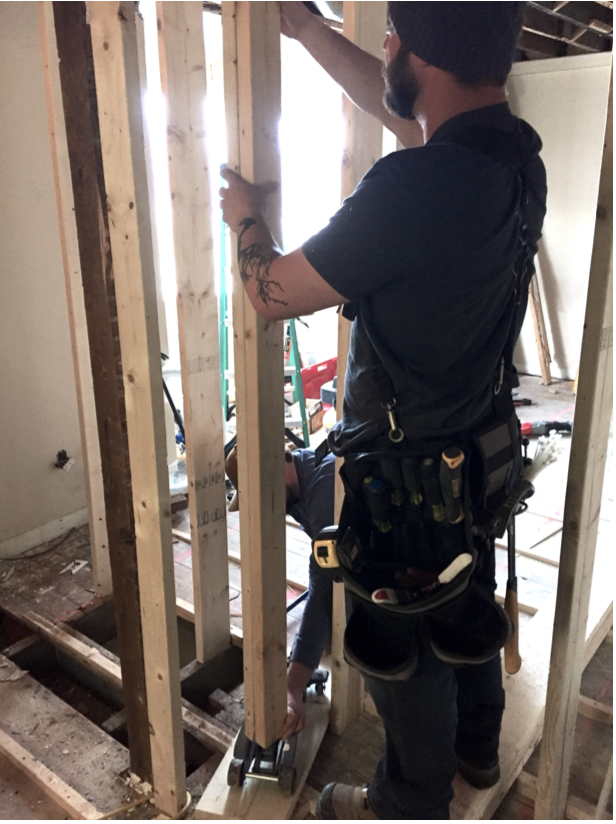
Access to labour and skilled trades
It goes without saying that you will need a team of professionals on-site throughout the construction process. These professionals include engineers, plumbers, electricians, roofers, interior designers and a skilled general contractor to manage them all. The labour rate which they charge will significantly impact the overall cost of building your home. Although professionals and workers who run reputable companies are in extremely high demand and often charge in the neighbourhood of $75-$120/hr this is not the place to look for savings. It is advisable to work with a team that has a proven track record with a body of work you can view. Look for teams who have good infrastructure such as branded vehicles that are in a good state of repair and staff to support them such as project managers who will answer the the phone, return emails in a timely manner and provide you with documentation upon request
The type of house you build
The type and size of the house you are building will matter. The larger the footprint, the more expensive it will be. Fact. The architectural design elements may mean custom windows and doors which are much more costly than standard sizes. The number of bathrooms, bedrooms and the size of your kitchen will also affect the overall cost. Will you choose an ICF foundation, a flat roof, brick or vinyl exterior cladding, exotic wood species and specialty railing systems? Make sure you differentiate between wants and needs when coming up with your budget! Be sure to communicate your budget to the architectural team to avoid disappointment. An experienced architect should help you build to your budget. Be careful not to get carried away in the design phase as architects and designers may assume you know the cost of what it is you’re asking for.
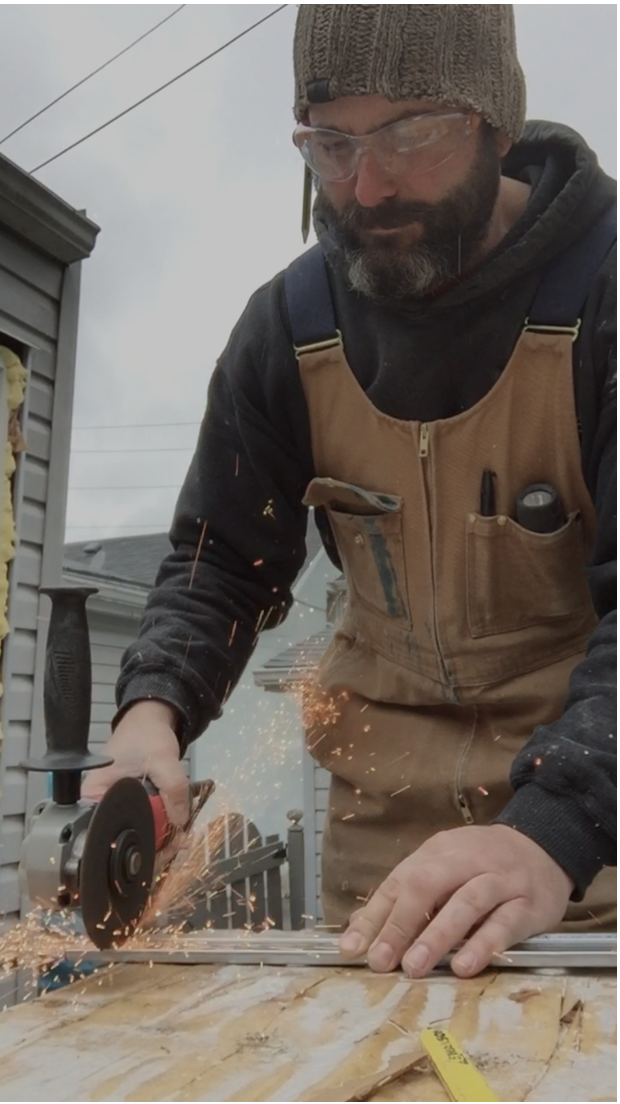
Selecting the right contractor
Before hiring a contractor, it is advisable that you get multiple quotes and interview various builders in your area. Doing so will give you a more precise idea of each individual teams capabilities and overall fit for your specific project. Look for a contractor who offers you the best value for service. This may not always mean the cheapest service, so be wary of what you are paying for. Look for professionals. You can tell a lot about a team by reading their correspondence and how quickly it takes place. You can tell a lot about a team’s capabilities by the kind of office they run and when dealing with hundreds of thousands of your dollars, documentation matters! Ask yourself, do you trust someone to build you a million dollar home, communicate with engineers, architects and town officials as well as manage a construction team if they can’t return an email within one business day? Also, selecting a contractor that you are comfortable communicating with is imperative. If you are indecisive or anxious, it would be advisable to go with someone who is calm, reassuring and will provide you with the necessary guidance as building is an extensive process. You will spend a lot of time over the months with your general contractor, so choosing someone who’s company you enjoy will
make all the difference!
Questions you should ask your contractor
-
Do you carry the necessary insurance for this project?
-
Do you employ sub trades are they licensed?
-
Are you in compliance with all Ministry of Labour guidelines?
-
Do you have the supporting documentation to prove this?
-
Can I see some examples of your contracts and documentation?
-
What sort of correspondence do you offer regarding the progress of the project?
-
Are your designs and plans flexible?
-
Can you provide any references?
Time for an estimate
Due to advances in technology and the proliferations of construction cost calculators, you can now get an estimate from the comfort of your home. There are many cost calculators available online. These tools are wonderful for giving you a rough idea of what the construction of your project may cost. However, try to remember that these tools don’t provide you with an accurate quote, they are simply not detailed enough to account for the nuances of a property estimated project put together by an experienced design + build team.
Have a contractor quote your project
It is always a good idea to get multiple quotes from prospective builders and general contractors. The firms quoting your project should be detail oriented and take into account the specific requirements of your project such as site conditions, layout, size, and interior finishes. Be wary of contractors who don’t provide a complete cost breakdown that includes either allowances for interior finishes unless they are quoting to a specific interior design package. In this case the final material selections and finishes should be accounted for in the price. Having an interior design package for your contractor to quote will help you get the most accurate price for your project. We recommend that you get quotes from multiple builders, however be sure that your team can deliver what they say they will and aren’t just offering you a low price to get a contract signed. Remember, if it’s not in the quote, it’s not included, so the more detailed the quote the better. Be sure you seek clarification regarding both what is and what is not included in the final price.
Financing
Whether you are borrowing money to finance your project or have the cash on hand, be sure you have a plan for how to disperse the funds and that your plan is in sync with your builder’s draw schedule. Cash flow is important when building. If your builder schedules a draw and your financial institution informs you that it will take 10 business days to process, you may have to reschedule trades or material orders, causing you unnecessary and costly delays. Prepare in advance and know the terms as large sums of money will be exchanging hands rapidly. Materials typically need to be purchased well in advance and an experienced general contractor will have detailed knowledge of lead times which will likely be accounted for in the draw schedule. It is not uncommon to require 35%-50% of the funds be available to begin construction. A reputable company will have a detailed contract outlining the specific work that will be performed and completed in each phase of the draw schedule. Ask your builder to see a sample contract so you know what to expect. Again, it is important to be knowledgeable about the rules governing your financial institution and the terms of your loan agreement as they may not be in sync with the draw scheduler of your builder. Be as transparent as you can with your construction team regarding your situation who will help you plan accordingly.
In Conclusion
There are numerous factors that impact the cost of building a home in Canada, more specifically the Simcoe County and Greater Toronto Area. Be sure to thoroughly research your options to and consult multiple professionals to determine costs before proceeding with construction. Meticulous planning, a strong eye for detail and most importantly, hiring the right team will ensure that the project runs smoothly, finishing on time and and on budget.
